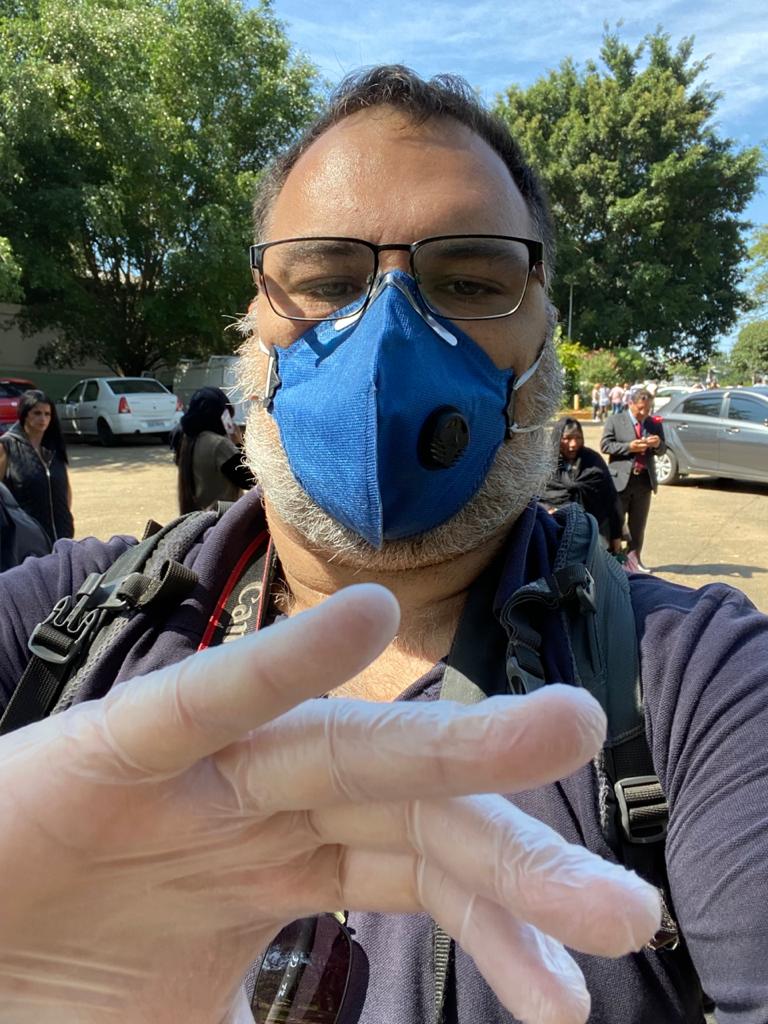Confronted with the outcry from journalists and the media over the unprecedented banning of two journalists condemned of defamation from working for one year, the president of Panama, Ricardo Martinelli, said he is committed to freedom of expression and promised to pardon both journalists, reported EFE and Crítica.
A National Labor Relations Board (NLRB) judge ruled that a Puerto Rican newspaper, El Vocero, illegally fired 107 employees and closed its circulation department, according to Editor & Publisher.

Journalists in Latin America are being hit by unemployment, the lack of protective sanitary equipment from their employers and the general precariousness of their situation.

The crisis of the traditional journalism business model has intensified with the coronavirus pandemic. In Brazil, newspapers are laying off workers, cutting wages and slashing journalists' work hours.

The rule is to work from home, however, for a certain group of press professionals, this isn’t a possibility. Photojournalists need to be on the streets to document the crisis closely.

The reduction or suspension of print editions, salary cuts and mass layoffs. The coronavirus pandemic has hit the financial health of Latin American media companies at a time when journalistic work is essential for society.
The president of the Inter-American Commission on Human Rights of the Organization of American States (IACHR-OAS), Joel Hernández García, described the current moment of freedom of expression in Brazil as "unusual."

Given the wave of corruption that has plagued the region in recent years, the Inter-American Commission on Human Rights (IACHR) asked the countries of the American continent to protect journalists and freedom of expression

Guatemalan journalist Martín Rodríguez Pellecer, founder and director of the site Nómada, is being accused of sexually harassing at least five women, according to an investigation by journalist Catalina Ruiz-Navarro. All are young journalists, and three of them allegedly are former employees of the site founded by Rodríguez Pellecer in 2014. He denies the accusations and has stepped down as director of Nómada while an investigation into the case is under way.